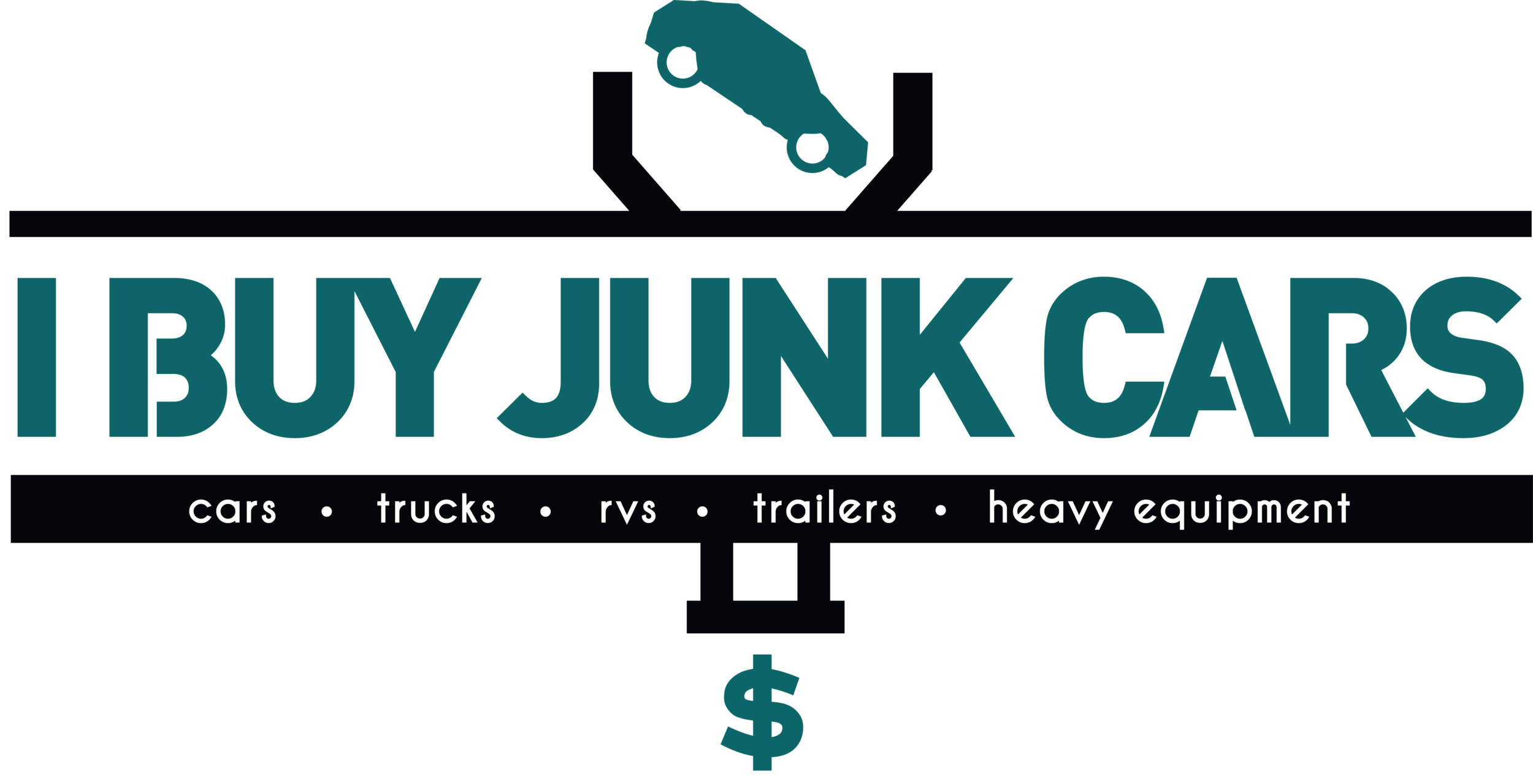How to Recognize Dishonest Junk Car Buyers and Avoid Scams
Legitimate junk car buyers should have state licensing and registration, which they should readily provide upon request, safeguarding against unscrupulous operators.
Selling a junk car might appear straightforward, but it can quickly result in a financial loss if not approached cautiously. Dishonest junk car buyers are a genuine concern, employing various tactics to exploit sellers. Here are tips to help recognize unscrupulous buyers and safeguard against scams.
Conduct Thorough Research
Before engaging with any buyer, it’s crucial to perform thorough research. A legitimate junk car buying service should have a physical address, contact information, and positive reviews online. Checking their website and verifying their contact details is essential. Companies lacking an online presence or featuring numerous negative reviews citing poor business practices should raise red flags.
Be Wary of Offers That Seem Too Good to Be True
If an offer appears too good to be true, it likely is. Dishonest buyers may entice sellers with high initial quotes only to drastically reduce the offer upon arrival to pick up the vehicle. At this stage, they rely on the seller’s commitment to the process, hoping the seller will agree to a lower price rather than initiate contact with another buyer.
Request a Detailed Explanation of Valuation
Reputable buyers will explain how they arrived at the valuation of a junk car, like any deductions for damages or missing parts. If a buyer is unwilling to provide a detailed explanation or the figures do not add up, this lack of transparency is a concern. Understanding exactly what compensation is being offered and for what reasons is crucial.
Avoid Buyers Who Request Upfront Payments
No legitimate junk car buying service should require upfront payments. If a buyer asks for payment to cover towing or administrative fees before compensating the seller for the vehicle, this is a classic sign of a scam. Standard practice is for the buyer to tow the car at their expense and compensate the seller the agreed amount when they take possession of the vehicle.
Check for License and Registration
Legitimate junk car buyers are usually licensed to operate in the seller’s state. Asking for proof of licensing and registration is a prudent step. Trustworthy buyers will not hesitate to provide this information. This verification helps protect against fly-by-night operators who may not adhere to legal business practices.
Insist on a Receipt
Always insist on a receipt or a bill of sale when transferring a junk car. This document should include the date, a comprehensive vehicle description, the compensation paid, and the buyer’s and seller’s names and addresses. This receipt will serve as proof of sale and protect all parties if any issues arise after the transaction.
Be Wary of Last-Minute Changes to Plans
A common tactic among scam artists is to change plans at the last minute. They may unexpectedly alter the pickup time or location or change the payment method from what was agreed upon (e.g., offering a check instead of cash). Any last-minute changes could be a sign of a potential scam.
Trust Instincts
If something feels wrong during the transaction, trust those instincts. Sellers are not obligated to continue with the sale if they feel uncomfortable or suspect something is off. Canceling the deal is preferable to the risk of falling victim to a scam.
Selling a junk car need not be risky if one is aware of the signs of dishonest practices. By conducting proper research, insisting on transparency throughout the process, and using common sense, sellers can safeguard themselves from scams and guarantee that they receive fair compensation for their vehicles. Reputable buyers will aim to make the transaction as clear and straightforward as possible for all parties involved.
If you are in the Phoenix Metro area and want a no-hassle cash quote for an old, wrecked, unwanted, salvage or burned car, SUV, van or truck, give us a call at I Buy Junk Cars. 480-771-8290.

